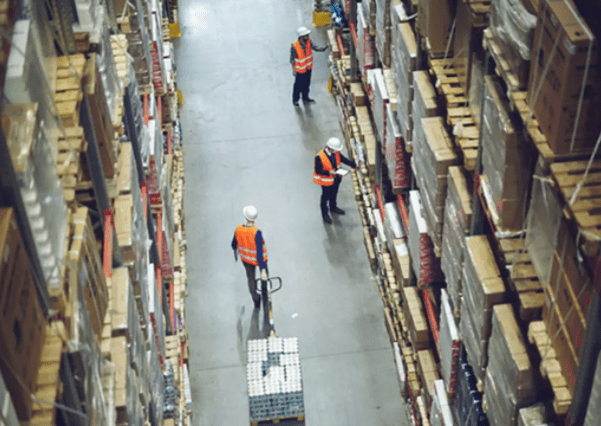Post-pandemic problems in supply chains can have a greater impact on companies that operate under the just-in-time scheme and fail to detect non-compliant suppliers, said Christian Valencia Reinoso, regional product manager of Coface.
In general, companies should be more wary of this situation in sectors that have hundreds or even thousands of suppliers, whose reliability must be guaranteed to prevent them from falling into defaults that affect the supply chain and the delivery of goods under the just-in-time scheme.
For this reason, companies must invest resources to hire evaluations that qualify suppliers so they can know if they are compliant and can be trusted.
In one of its services to address this situation, Coface rates suppliers, with scores from 1 to 100, based on their financial and operational capacity, quality schemes, automation processes, certifications, use of software and regulatory compliance, among other aspects.
Thus, the companies that evaluate their suppliers transfer the risk directly to Coface, which analyzes the companies and warns whether they are reliable or not by means of the rating it assigns to them.
Coface
For example, Valencia Reinoso explained that one of Coface’s clients in Latin America in the trade sector has more than 20,000 suppliers, which were rated to see their ability to respond to a contract.
Above all, it must be taken into account that in Latin America there can be supplier defaults due to the levels of informality in the region. Coface offers the service to qualify suppliers in Argentina, Brazil, Chile, Colombia, Ecuador, Mexico and Peru, he explained.
Valencia Reinoso commented that the evaluation of suppliers is offered more in Latin America, because in this region the markets are very informal, since a natural person can offer products and services without being formally established, which should be taken into account before giving a contract.
Logistics
An ECLAC report indicated that ports have historically been a key node in complex maritime and land logistics networks.
More and more integrated logistics activities are being carried out from them, mainly taking advantage of the possibility of adding value by providing industrial and distribution services to cargoes, and even energy generation.
Currently, according to ECLAC, a major challenge for the port system is to sustain the pace of reliability required by logistics, which has been affected by disruptions in the supply chain, especially since the beginning of the pandemic.
While there have been many disruptions to the normal (pre-pandemic) functioning of the supply chain, three stand out: operational disruptions, increased ocean freight rates, and the degree of reliability of international container shipping services.

